China’s burgeoning coffee culture
Local chains are thriving as young middle-class consumers turn away from tea
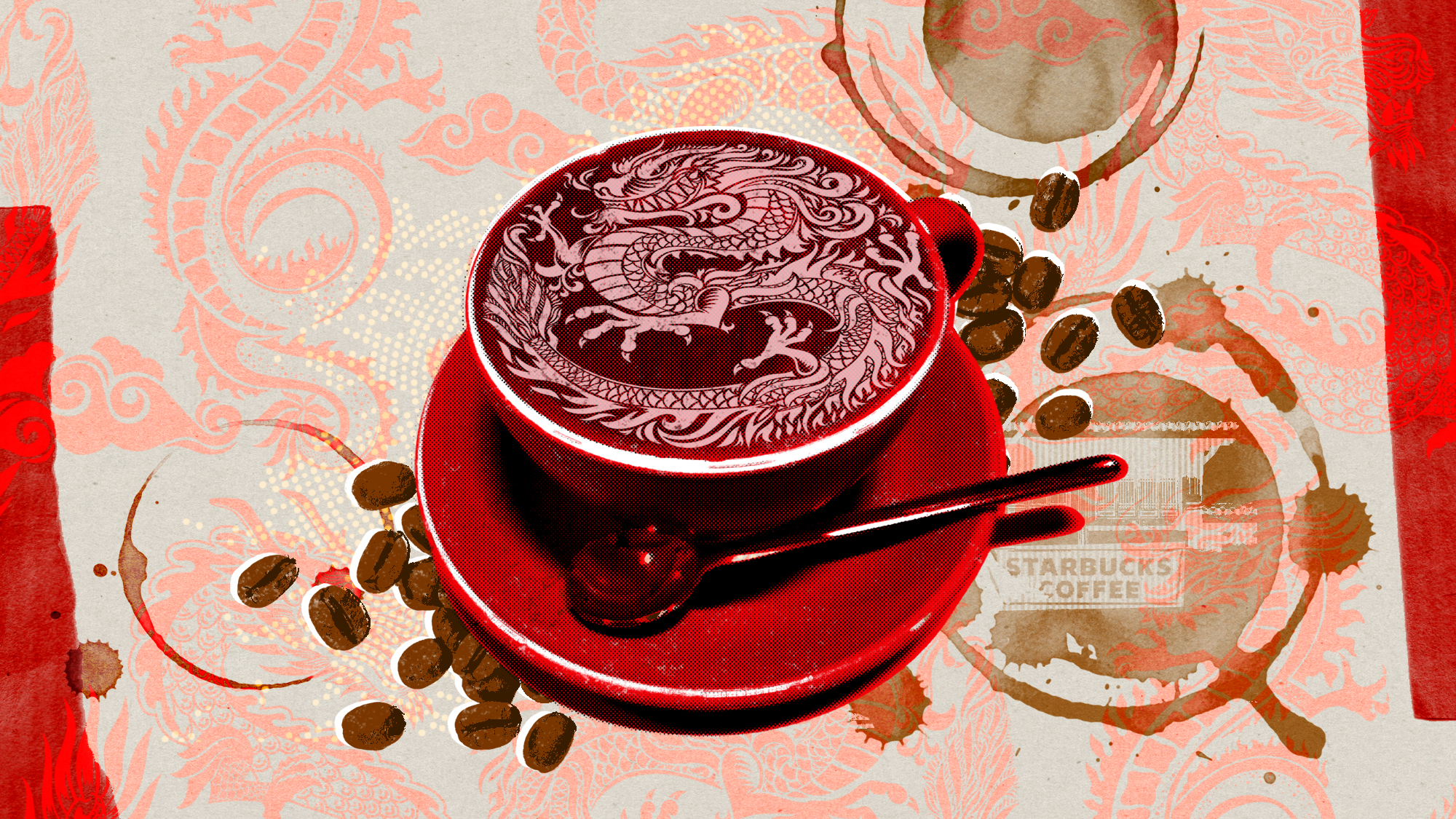
A free daily email with the biggest news stories of the day – and the best features from TheWeek.com
You are now subscribed
Your newsletter sign-up was successful
Starbucks is selling a majority stake in its business in China after it struggled in the East Asian nation.
But as the US chain has struggled, China’s coffee consumption has been “increasing by double-digits annually”, said South China Morning Post, and it now has a 300-billion-yuan (£32bn) coffee industry. So what gives?
Local players
Starbucks opened its first outlet in China nearly 30 years ago. There was “much fanfare”, said CNN, including a “troupe” performing a traditional “golden lion” dance and “eager customers” sampling cappuccinos.
The Week
Escape your echo chamber. Get the facts behind the news, plus analysis from multiple perspectives.

Sign up for The Week's Free Newsletters
From our morning news briefing to a weekly Good News Newsletter, get the best of The Week delivered directly to your inbox.
From our morning news briefing to a weekly Good News Newsletter, get the best of The Week delivered directly to your inbox.
The arrival of the US brand “helped spur the rise of a thriving coffee culture among the burgeoning middle class” in a country that traditionally drank tea, and by 2017, the giant was opening a new outlet every 15 hours in China.
But “dozens” of domestic chains have “exploded onto the scene” in recent years offering coffee at “steep discounts”.
In 2024, Luckin Coffee opened its 20,000th store in China and “doubled its footprint in a single year”, said Campaign. “The message is clear”, the nation’s "coffee game" is being “rewritten by local players”.
Pork drizzle
Chinese brands are “constantly dropping seasonal specials with local ingredients, herbs, superfoods, the works”, Roolee Lu, food and drink category director at Mintel China, told the outlet. There are “lattes drizzled with pork sauce” or “spiked” with Chinese alcohol, said NBC News.
A free daily email with the biggest news stories of the day – and the best features from TheWeek.com
Yes, tea “remains foundational to Chinese culture”, but some "young, middle-class consumers” are “finding coffee’s caffeine kick” is “more suited to the pressures of a competitive job market and workplace”, with its “high job stress and long hours”. It can also be “attributed to a shift in lifestyle preferences” because “more people have more disposable income”.
So although tea has “long been the drink of choice” for Chinese people, a “coffee culture has boomed”, said the South China Morning Post. Coffee shops in suburban areas are seen as a means of “rural revitalisation” because they “create jobs and drive up the local economy”, helping “offset urban-rural disparities”.
Meanwhile, in cities like Shanghai, a café culture was “really” given a “boost” after Covid, as locals began to “embrace outdoor living, looking for places to meet their friends and family”, said the BBC.
Chas Newkey-Burden has been part of The Week Digital team for more than a decade and a journalist for 25 years, starting out on the irreverent football weekly 90 Minutes, before moving to lifestyle magazines Loaded and Attitude. He was a columnist for The Big Issue and landed a world exclusive with David Beckham that became the weekly magazine’s bestselling issue. He now writes regularly for The Guardian, The Telegraph, The Independent, Metro, FourFourTwo and the i new site. He is also the author of a number of non-fiction books.
-
 6 of the world’s most accessible destinations
6 of the world’s most accessible destinationsThe Week Recommends Experience all of Berlin, Singapore and Sydney
-
 How the FCC’s ‘equal time’ rule works
How the FCC’s ‘equal time’ rule worksIn the Spotlight The law is at the heart of the Colbert-CBS conflict
-
 What is the endgame in the DHS shutdown?
What is the endgame in the DHS shutdown?Today’s Big Question Democrats want to rein in ICE’s immigration crackdown
-
 The battle over the Irish language in Northern Ireland
The battle over the Irish language in Northern IrelandUnder the Radar Popularity is soaring across Northern Ireland, but dual-language sign policies agitate division as unionists accuse nationalists of cultural erosion
-
 Embrace the Boricua spirit on a foodie tour of Puerto Rico
Embrace the Boricua spirit on a foodie tour of Puerto RicoThe Week Recommends From cultural food tours to organic farms, there is plenty to discover around the island
-
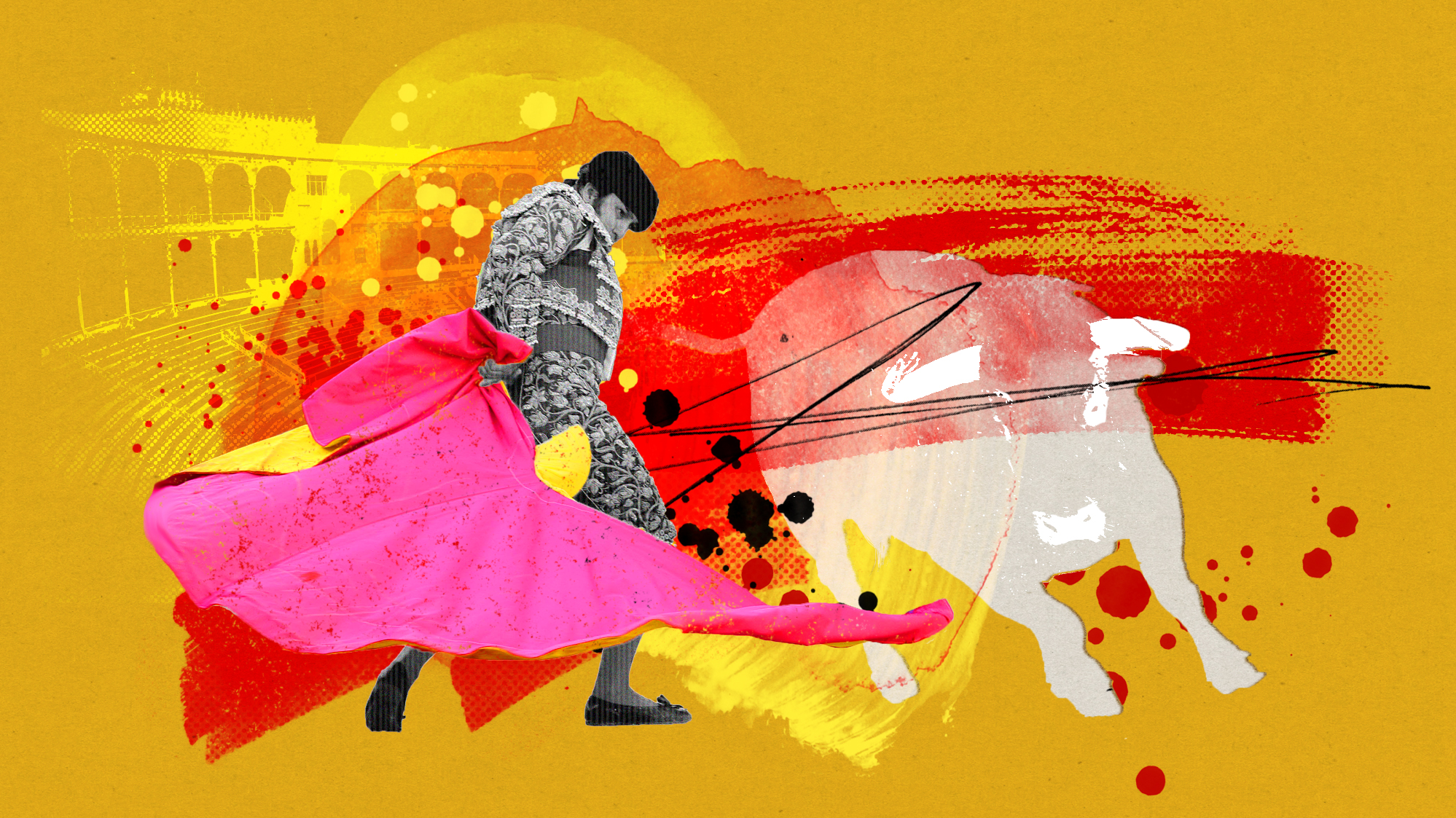 Spaniards seeing red over bullfighting
Spaniards seeing red over bullfightingUnder the Radar Shock resignation of top matador is latest blow in culture war over tradition that increasingly divides Spain
-
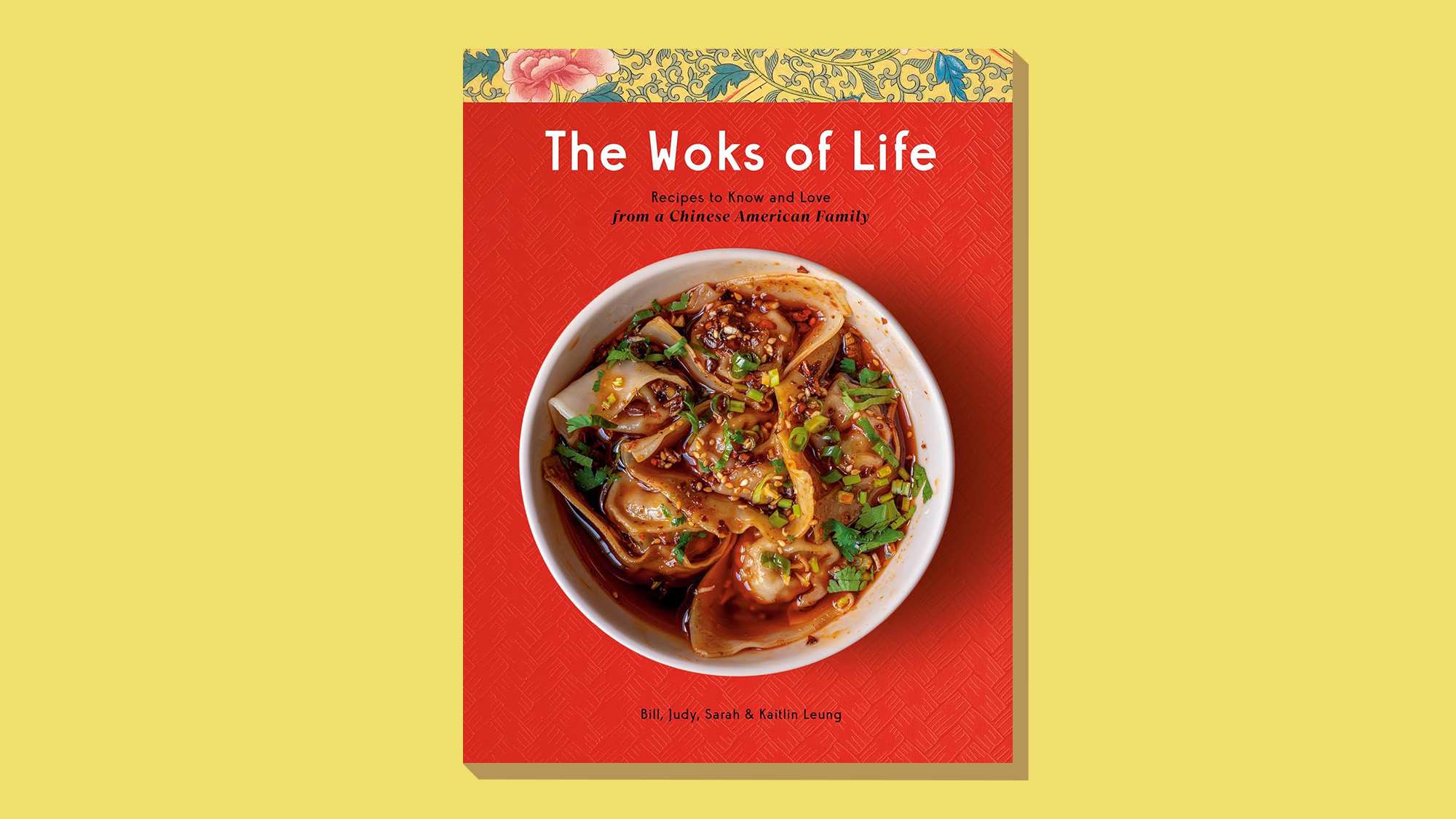 One great cookbook: ‘The Woks of Life’
One great cookbook: ‘The Woks of Life’The Week Recommends A family’s opinionated, reliable take on all kinds of Chinese cooking
-
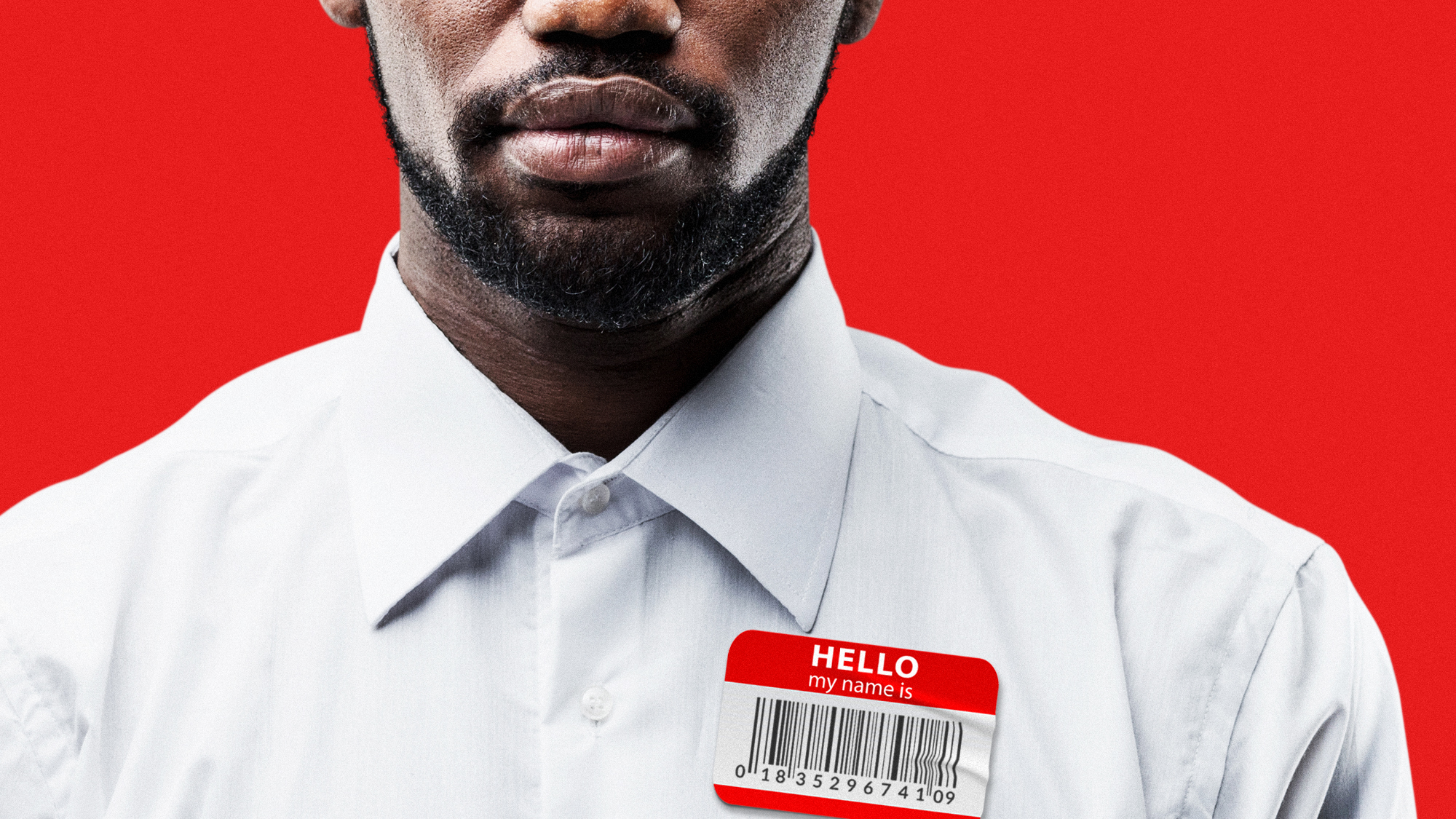 How digital ID cards work around the world
How digital ID cards work around the worldThe Explainer Many countries use electronic ID to streamline access to services despite concern by civil rights groups they ‘shift the balance of power towards the state’
-
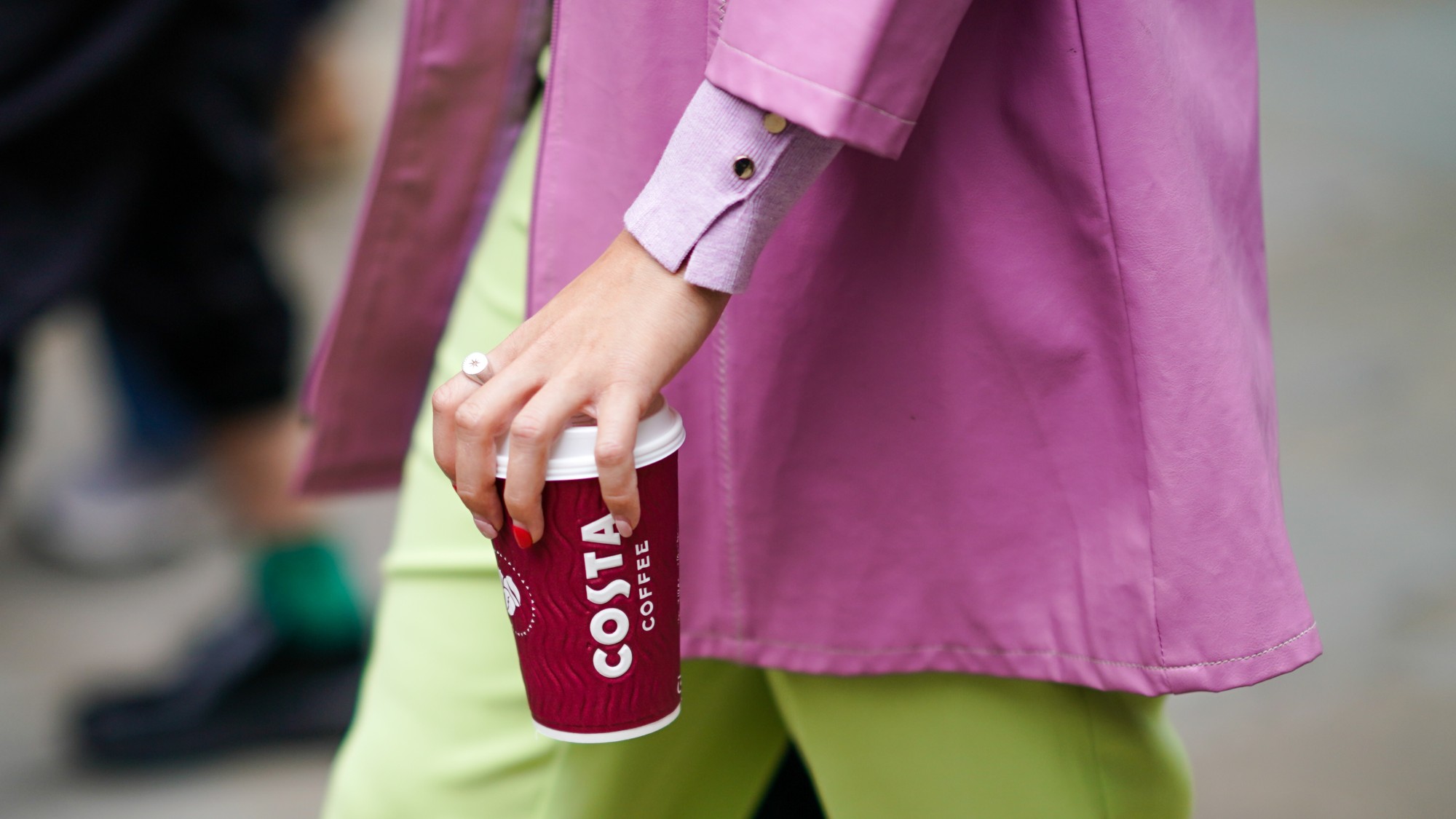 Why high street coffee chains may have had their day
Why high street coffee chains may have had their dayIn the Spotlight Rising costs of coffee, energy and payroll, plus growing appetite for luxury drinks like matcha, has caused boom in independent and speciality coffee shops
-
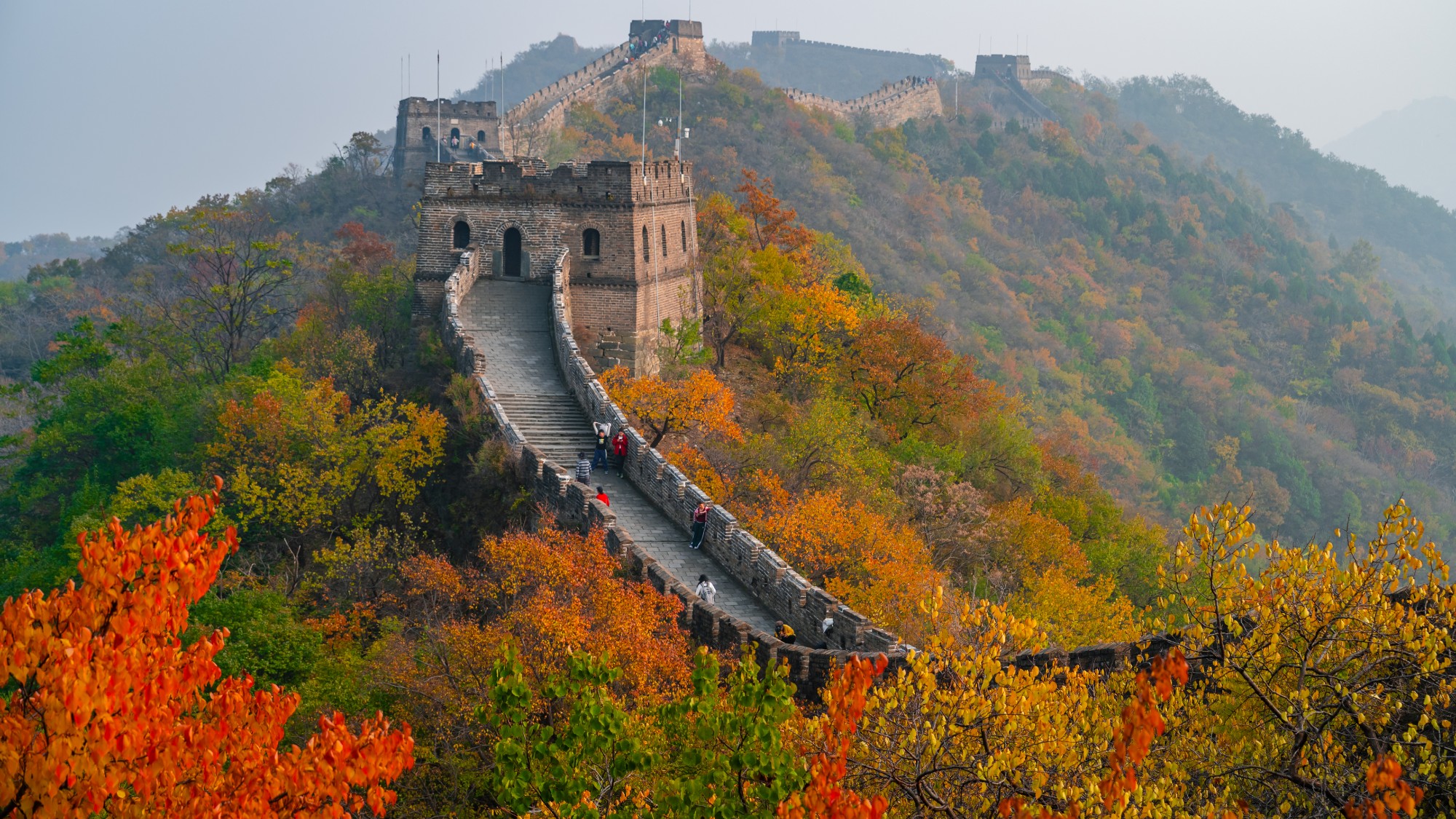 A guide to the Great Wall of China
A guide to the Great Wall of ChinaThe Week Recommends Experience this architectural feat
-
 How to go on your own Race Across the World
How to go on your own Race Across the WorldThe Week Recommends The BBC hit show is inspiring fans to choose low-budget adventures